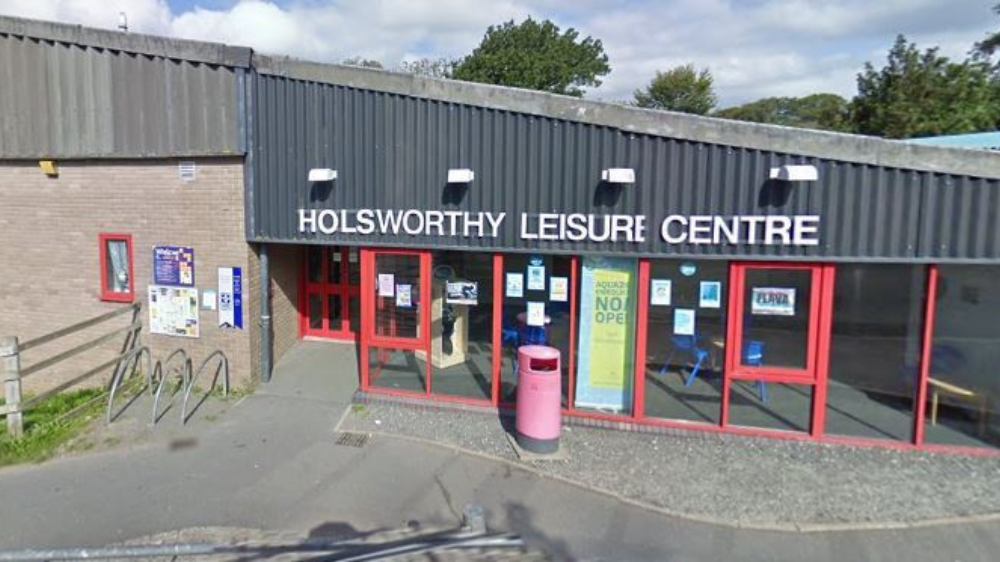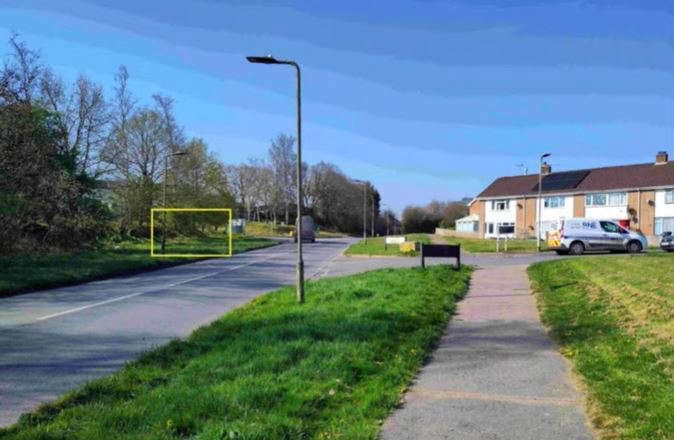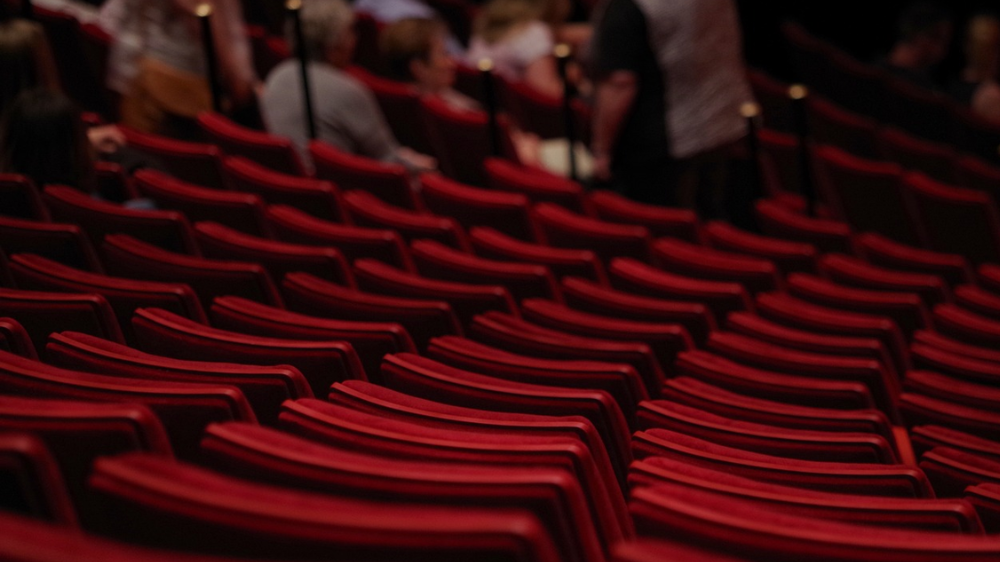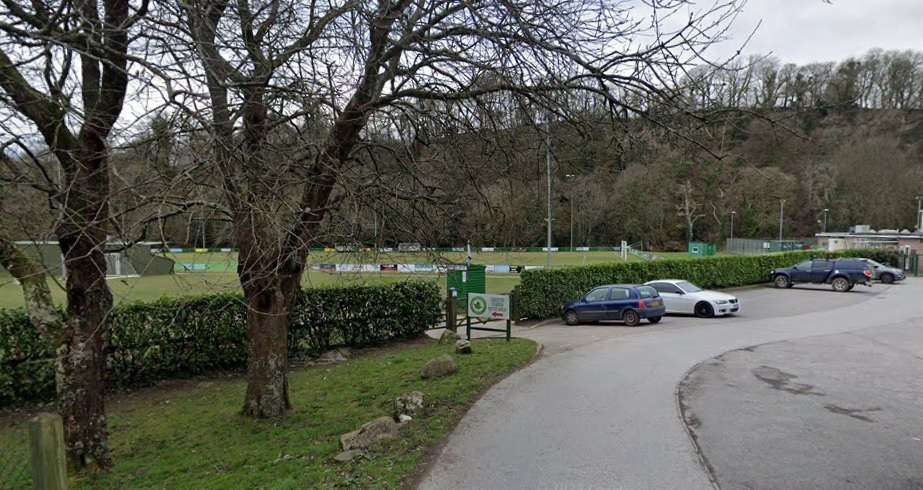
Council will decide on whether to hold elections once every four years
More than 7,000 people have given their views on whether Plymouth City Council should move to elections once every four years.
The council currently operates the ‘elections by thirds’ system which means 19 of its 57 councillors are elected every year in a four-year cycle, with no elections in the fourth year.
An alternative ‘whole council’ or ‘all out’ system is where local elections are held every four years, with all seats being contested at the same time. This is estimated to save around £1.4 million over ten years.
A consultation to find out which system the public favours was held during the summer with 57 per cent people backing the change, 35 per cent supporting the status quo and eight per cent having no preference.
Members of the council’s audit and governance committee who considered the consultation summary report at a recent meeting stressed that this was not a referendum and the full council would make a decision next Monday (November 25).
Special sessions and meetings were held with the city’s Youth Parliament and Plymouth Area Disability Action Network to encourage them to take part in the consultation and views in favour of moving to ‘all out’ elections were given by stakeholders – police and crime commissioner Alison Hernandez, the Arts University Plymouth, Plymouth Community Homes and Marjons University.
Alison Hernandez said the stability of leadership for a period of four years at a time enabled better long-term financial and policy decisions and the cost to the taxpayer for multi-year elections was an important consideration.
Plymouth Community Homes said it would help reduce voter apathy and Marjon University said it would simplify the system for the voter.
Once a decision is made the Boundary Commission will carry out an electoral review of Plymouth City Council to decide on the geography and number of councillors in each ward.
Committee members were told that 7,055 responses was “very high” for a survey like this which could be seen as “a little dry”.
 Torridge taxpayers safe from leisure collapse
Torridge taxpayers safe from leisure collapse
 West Devon planners say no to net-zero plans
West Devon planners say no to net-zero plans
 East Devon theatre needs your help
East Devon theatre needs your help
 Ivybridge football project given go ahead
Ivybridge football project given go ahead
 Farage condemns Devon's 'woke' Tories
Farage condemns Devon's 'woke' Tories
 Dangerous voyeur jailed
Dangerous voyeur jailed
